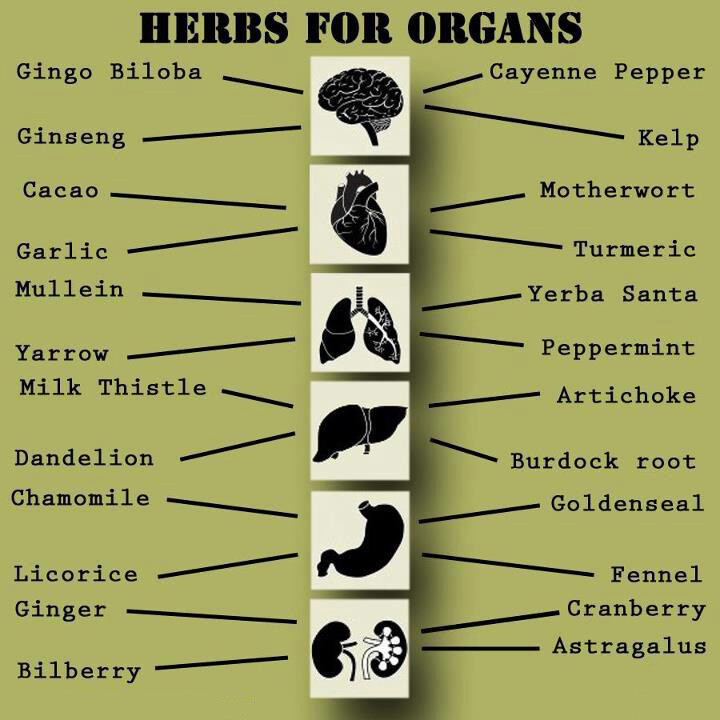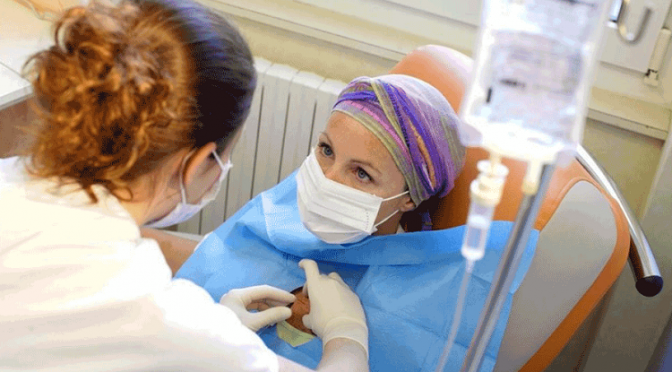Posts for Tag: organic
Vitamin D is better than any vaccine and increases the immune system by 3-5 times
Top 10 GMO foods to avoid
"Dr. Edward Group and Anthony Gucciardi discuss the top 10 GMO food list to avoid when shopping or otherwise."

Bayer + Monsanto = a match made in hell

Queensland Labor Party’s continuing push to depopulate the regions

The Queensland State Government’s push to depopulate the regions has taken another turn for the worse as farmers in the Paradise Dam irrigation area in the South Burnett face irrigation allocations of just 14 per cent, down from a usual 80 per cent. Because of a farcical lowering of the dam wall by the state government owned entity Sunwater, allegedly due to engineering faults, farmers will suffer. Irrigators say it will be the end of the line for many of them. [Full article]
Seeds of death: unveiling the lies of GMOs
Depopulation agenda is the only explanation why expensive mainstream medicine is lethal

When anybody doing a research on the multiple attacks against the human body, be it through our drinking water, supposedly breathable air, or even within the pseudo healthcare medical industry itself, the answers would then lead us to our initial conclusion that this is only about economics, or capitalism in general, i.e.:
- Companies’ main concern is the bottom-line, i.e just want to extract as much profit as possible, in order to survive the competition;
But, when the researcher begins to consider the following readily observable facts:
- Public services are not only unsatisfactory but is outright deadly, e.g. lead poisoning is not only happening in Flint, Michigan, but is far more widespread than the media would like to entertain [here];
- Government regulators adapting a policy of “approve first, recall later” in favor of a new drug that has undergone massive clinical test manipulations, making the rich drug companies even richer as the imposed penalties later on are not enough to bring them down but are serving only as added overhead for doing business [here, here];
… that same researcher will then begin to ask far and more broader questions that will hopefully carry him to the real answers, though uncomfortable they may be. [Full article]
Dr. William Courtney confirms cannabis oil cures brain tumor & brain cancer